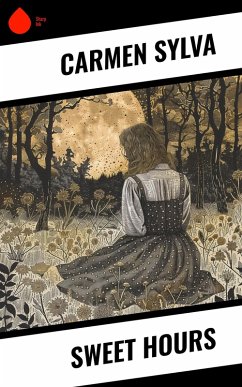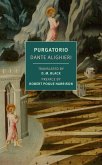In "Sweet Hours," Carmen Sylva weaves a tapestry of exquisite reflections and poignant narratives, capturing the essence of emotional experience and human connection. The book is characterized by its lyrical prose, blending poetic sensibility with autobiographical elements that reflect upon the beauty and complexities of life. Set against the backdrop of late 19th-century Europe, this collection resonates with influences from Romanticism and Symbolism, as Sylva navigates themes of love, suffering, and the passage of time, inviting readers into a profoundly meditative space. Carmen Sylva, the pen name of Queen Elisabeth of Romania, was not only a literary figure but also a poised royal, deeply engaged in the cultural currents of her time. Influenced by her aristocratic background and personal experiences, her writing often addressed the struggles of the human spirit, drawing on her insights into both personal sorrow and the wider societal issues of her era. As a patron of the arts and a fervent advocate for Romanian culture, her legacy is steeped in creative expression that transcends her royal duties. "Sweet Hours" is a shimmering jewel in the crown of literary introspection, deftly appealing to readers who appreciate a rich exploration of the inner self. Sylva's ability to evoke profound emotions through her elegant and evocative prose makes this work a must-read for those who are in search of literature that challenges and delights. Engaging with this book offers not only aesthetic pleasure but also a deeper understanding of the universal human experience.
Dieser Download kann aus rechtlichen Gründen nur mit Rechnungsadresse in A, B, BG, CY, CZ, D, DK, EW, E, FIN, F, GR, HR, H, IRL, I, LT, L, LR, M, NL, PL, P, R, S, SLO, SK ausgeliefert werden.









